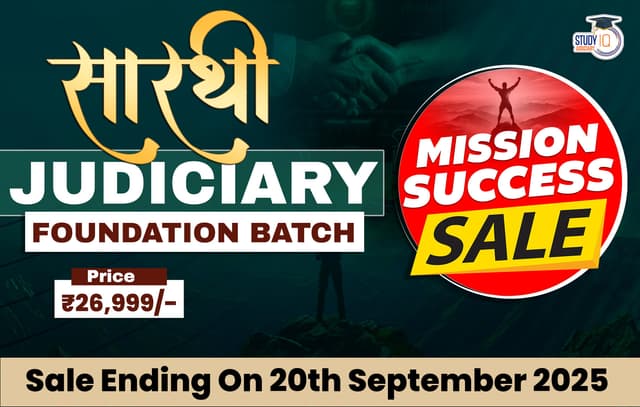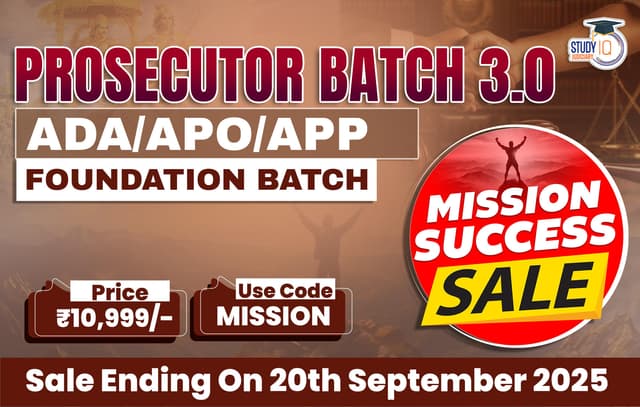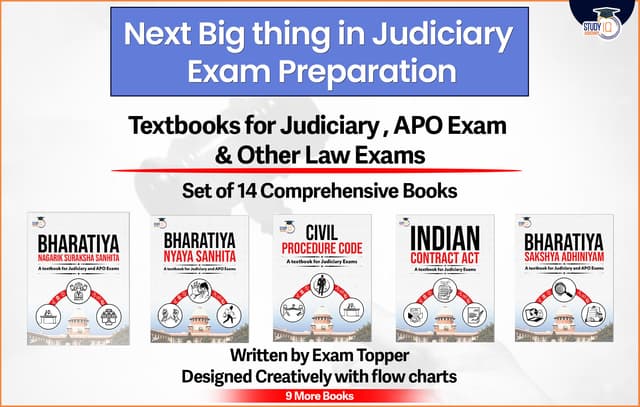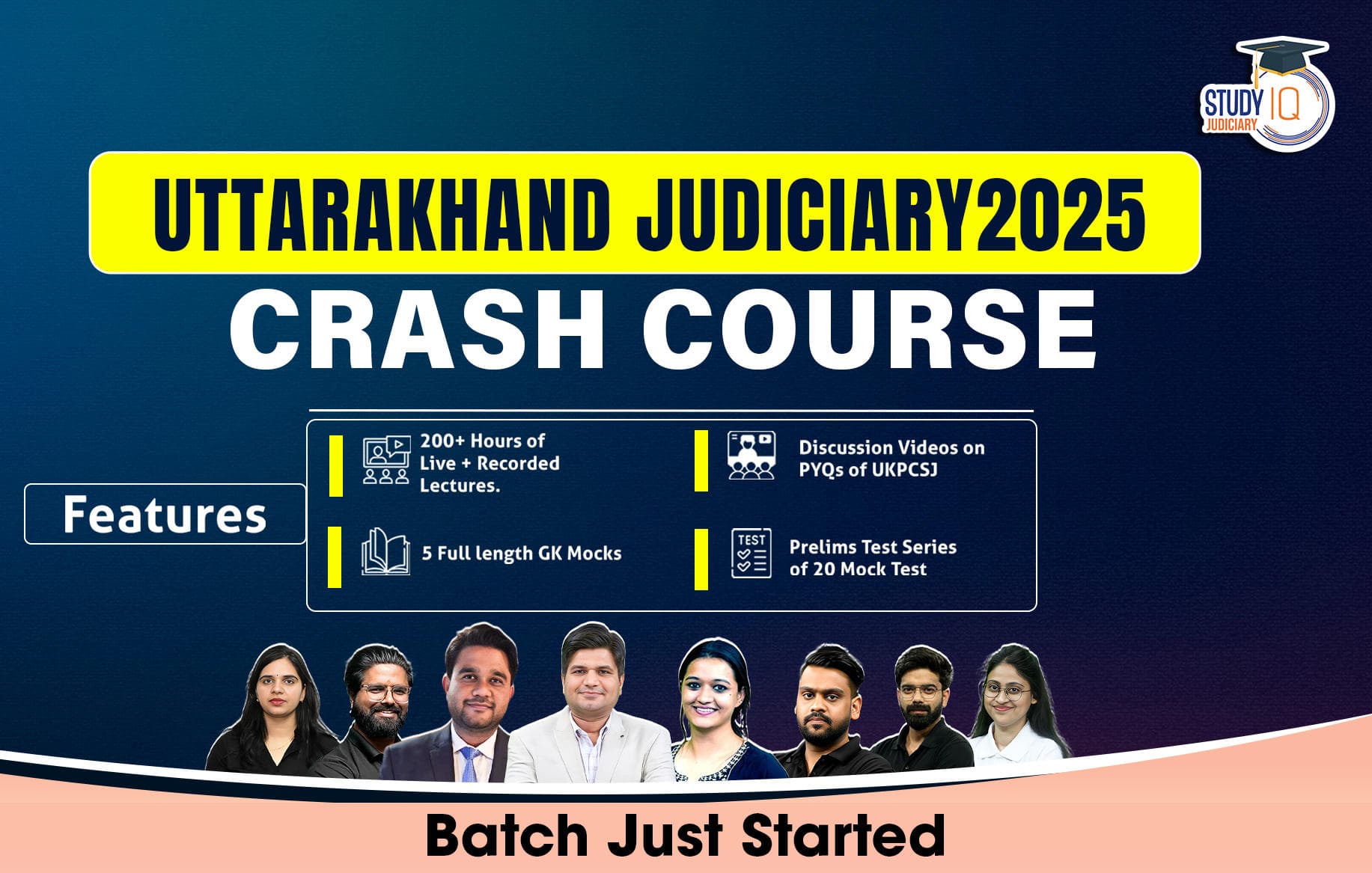Table of Contents
On September 16, 2025, the Supreme Court of India initiated suo motu proceedings on the severe pollution of the Jojari River in Rajasthan due to industrial effluents. The Bench, including Justice Vikram Nath and Justice Sandeep Mehta, emphasised that pollution has rendered water non-potable in numerous communities, posing significant dangers to public health, the environment, and citizens’ constitutional rights. This intervention contributes to the Court’s expanding corpus of environmental jurisprudence, wherein it has employed the doctrines of constitutional duty, public trust, and sustainable development.
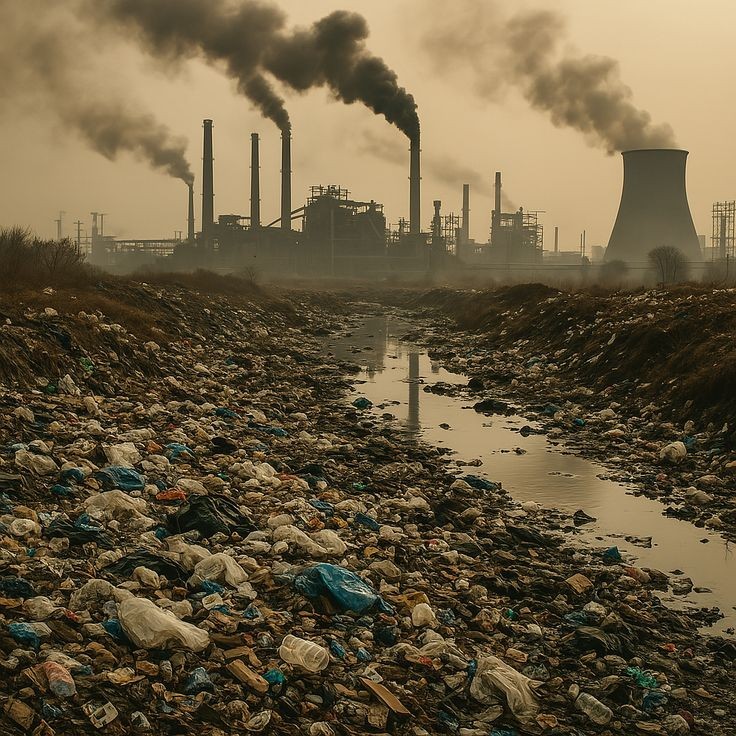
Rajasthan’s River Jojari Industrial Pollution Case: Background
The suo motu action ensued after reports of untreated industrial effluent being released into the River Jojari. The Bench noted that:
- Numerous villages were impacted, rendering drinking water hazardous.
- Significant ecological and health repercussions required prompt judicial intervention.
- The issue necessitated immediate intervention from both the Rajasthan State Government and central authorities.
- The matter was submitted to Chief Justice of India (CJI) BR Gavai for the potential establishment of a bigger Bench or oversight body to guarantee corrective actions.
Connection to Additional Environmental Suo Motu Initiatives
- The Jojari case exemplifies a recent trend in which the Supreme Court has asserted jurisdiction over environmental concerns.
- The Himachal Pradesh Ecological Imbalance Case (2025): The Court cautioned that unchecked development could lead to the complete disappearance of the State.
- The Suo Motu PIL about Custodial Deaths and CCTV Cameras (2025) demonstrates the Court’s proactive approach to fundamental rights, despite not being an environmental issue.
- Such instances illustrate the Court’s readiness to transcend traditional litigation boundaries to safeguard public interest.
Environmental Safeguards within the Indian Constitution
Environmental protection is constitutionally required in India.
- Article 21: The right to life encompasses the right to a clean and healthy environment (Subhash Kumar v. State of Bihar, 1991).
- Article 48A: The Directive Principle mandates the State to safeguard and enhance the environment.
- Article 51A(g): The fundamental duty of citizens is to safeguard the natural environment.
- The Supreme Court has consistently construed these rules to enhance environmental stewardship.
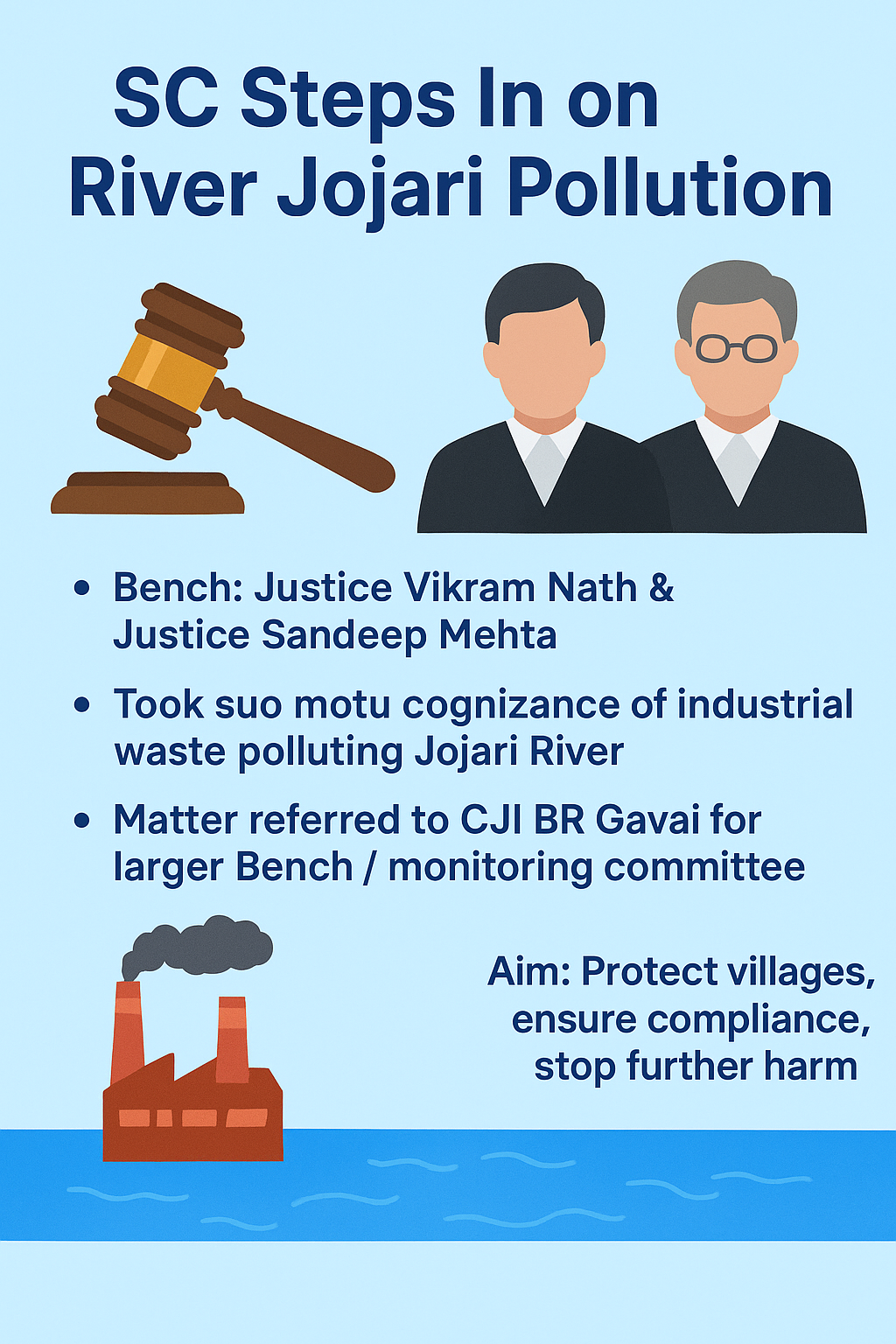
Significant Judicial Precedents on Environmental Contamination
- In MC Mehta v. Union of India (Ganga Pollution Case, 1988), the court mandated that industries are required to implement effluent treatment systems and that polluting industries may be subject to closure.
- MC Mehta v. Union of India (Oleum Gas Leak, 1987): Established the doctrine of absolute liability for hazardous industries.
- Vellore Citizens Welfare Forum v. Union of India (1996): Acknowledged the precautionary principle and the polluter pays principle as integral components of Indian law.
- Indian Council for Enviro-Legal Action v. Union of India (1996): Determined that polluters are obligated to compensate for environmental harm.
- M.C. Mehta v. Kamal Nath (1997): Established the public trust doctrine, asserting that natural resources are entrusted to the State for the benefit of the populace.
- The Jojari suo motu action reinforces existing precedents, upholding judicial supervision of instances of industrial pollution.
Comparative International Perspective
- Worldwide, judicial activism in environmental protection is increasing.
- Pakistan: In Shehla Zia v. WAPDA (1994), the Supreme Court of Pakistan associated the right to life with the preservation of a clean environment.
- Bangladesh: In Dr Mohiuddin Farooque v. Bangladesh (1997), a public interest lawsuit was employed to safeguard the environment.
- Europe: The European Court of Human Rights (ECHR) has interpreted environmental protection as encompassed within Article 8 (right to private and family life) in instances such as Lopez Ostra v. Spain (1994).
- Latin America: The Inter-American Court of Human Rights has acknowledged an independent right to a healthy environment in its Advisory Opinion (2017).
- India’s environmental jurisprudence is hence in harmony with worldwide trends that increasingly acknowledge environmental conservation as an essential human right.
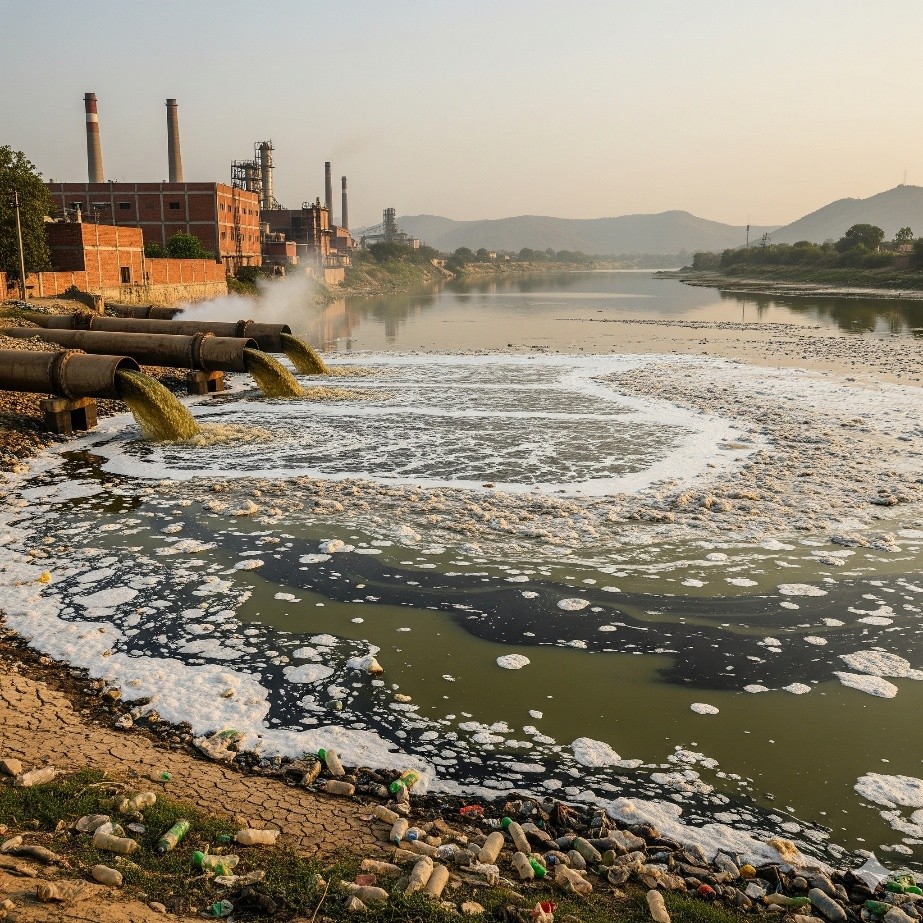
Importance of the Jojari Case
The Supreme Court’s suo motu action entails multiple ramifications:
- Judicial Oversight: Strengthens the judiciary’s position as a protector of basic rights in instances where executive agencies neglect their responsibilities.
- Public Trust Protection: Safeguards against industries discharging waste that is detrimental to community health.
- Fortifying Sustainable Development: Conveys a robust message that economic advancement must not supersede ecological equilibrium.
- Preventive Jurisprudence: Early intervention mitigates irreversible ecological harm.
Summary
- The Supreme Court’s involvement in the River Jojari pollution underscores its constitutional obligation to safeguard the environment and public health.
- By associating the matter with fundamental rights under Article 21, the Court has once more raised environmental issues to a status of constitutional significance.
- The judgment, when considered with its cautions regarding ecological catastrophes in Himachal Pradesh and suo motu measures concerning custodial deaths, highlights the Court’s developing function as a guardian of environmental and human rights.
- If executed proficiently via oversight committees and stringent adherence to environmental regulations, this case could establish a significant precedent in India’s environmental jurisprudence, aligning it with the global initiative to acknowledge the right to a clean environment as an essential human right.

 Trial by Social Media: Public Shaming, D...
Trial by Social Media: Public Shaming, D...
 Governors’ Address to State Legislatur...
Governors’ Address to State Legislatur...
 Mandating Prior Approval for Corruption ...
Mandating Prior Approval for Corruption ...

